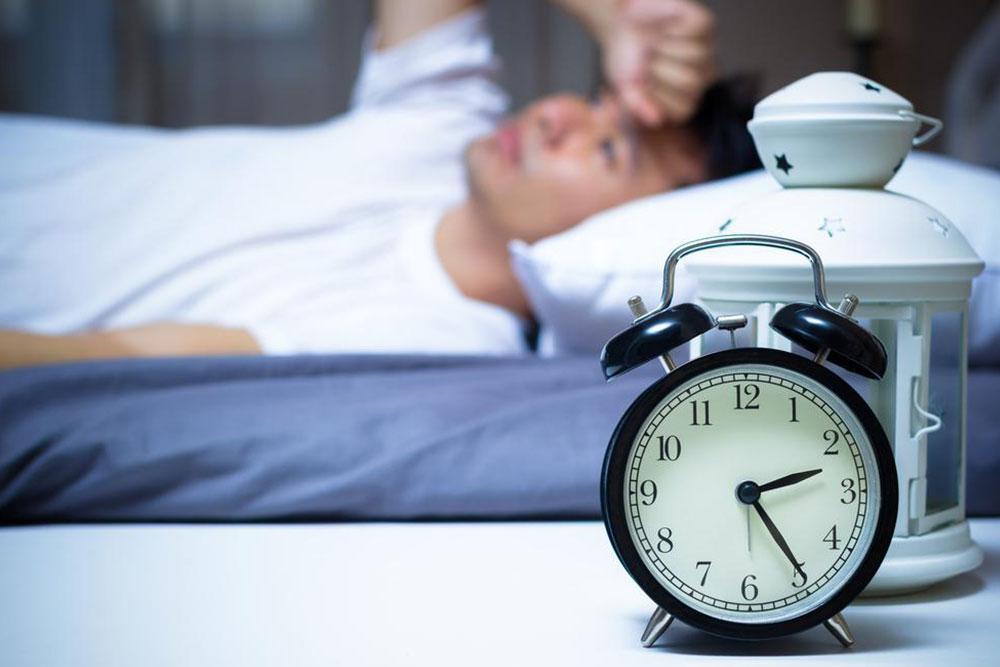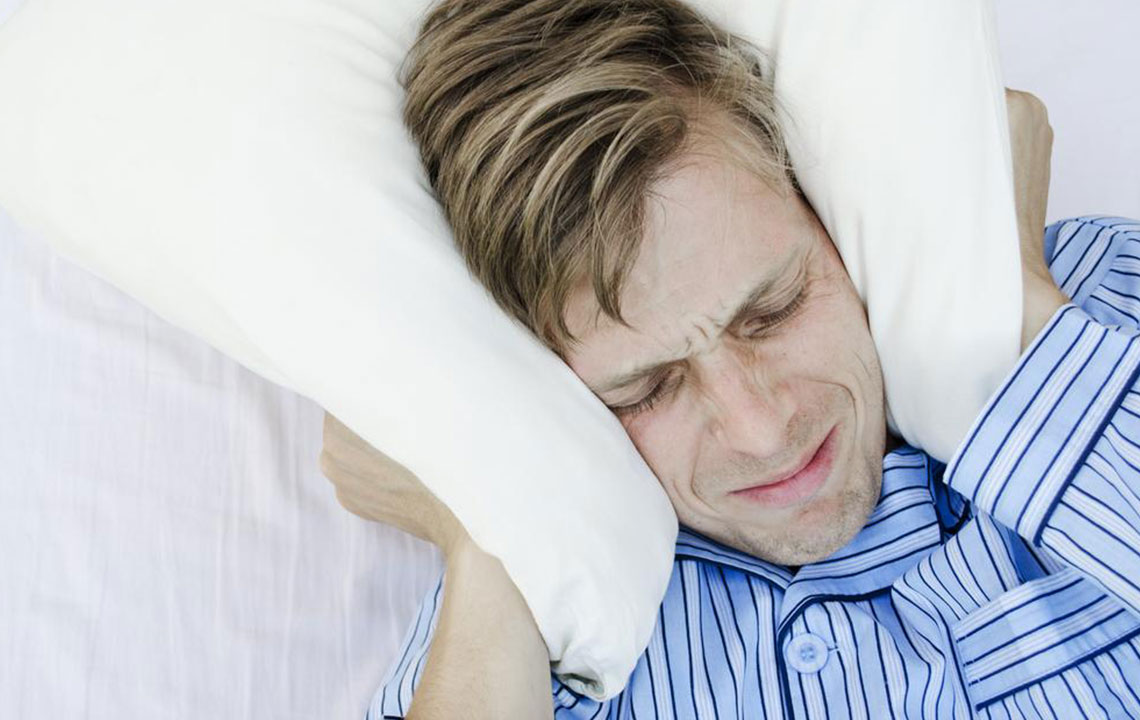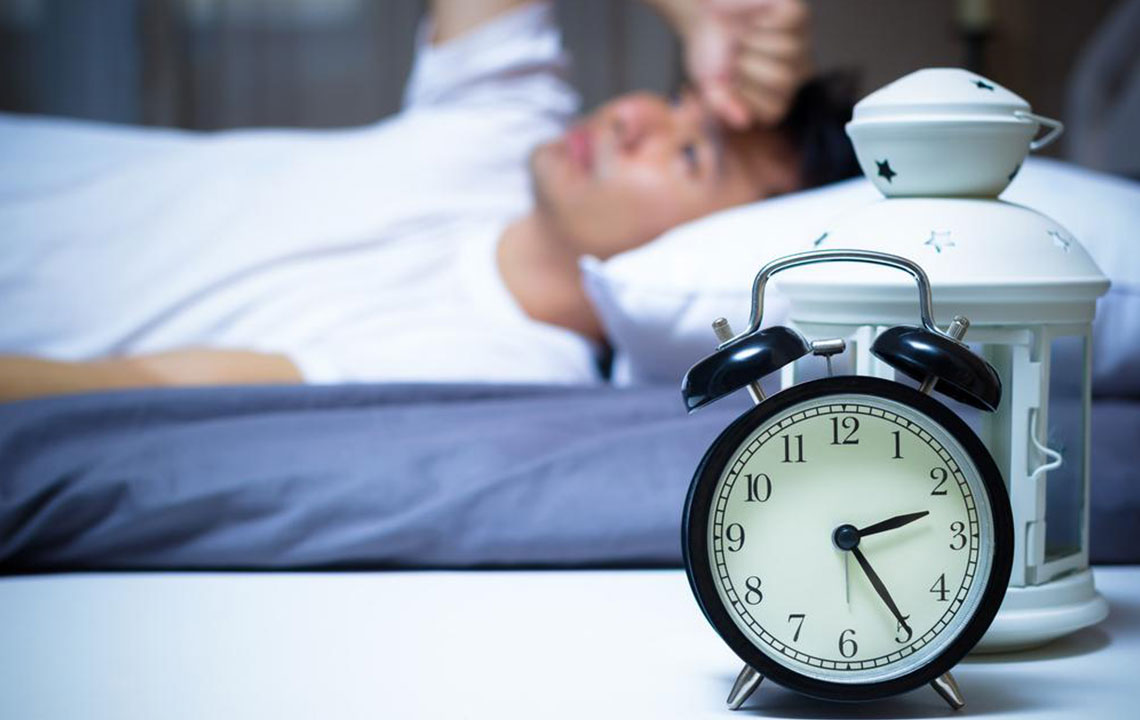Impact of Sleep Disorders on Health and Well-being
This article explores how sleep disorders impact overall health, highlighting common issues like insomnia and sleep apnea, their effects on different age groups, and the importance of proper sleep duration for maintaining physical and mental health. It emphasizes the significance of good sleep habits for improving quality of life.

Impact of Sleep Disorders on Health and Well-being
Sleep disturbances can significantly impair the quality of restful sleep. These issues may stem from age-related biological changes, underlying health conditions, or mental health challenges like depression and anxiety. Additionally, poor sleep habits such as oversleeping, waking late, or shift work can disrupt normal sleep cycles. Restful sleep is vital for overall health, aiding in physical recovery, mental clarity, and emotional balance. Chronic sleep problems are linked to health risks including obesity, diabetes, cardiovascular diseases, and mood disorders, impacting daily life and productivity.
Why Is Adequate Sleep Important?
Sleeping properly enhances quality of life and supports healing processes. Proper rest is not merely a break from routine but a cornerstone of physical and emotional health. Consistent sleep deprivation can lead to serious health issues and impair cognitive functions like memory, learning, reasoning, and problem-solving. From mild sleep troubles to severe disorders like insomnia, sleep issues affect millions worldwide.Common Sleep Disorders
Insomnia, characterized by difficulty falling or staying asleep, affects many individuals. Sleep apnea impacts around 10 to 15 million people, while narcolepsy affects approximately 200,000 individuals. Restless legs syndrome is experienced by about 5% of the population.Sleep and Age
Slumber quality can decline at any age, but older adults often experience reduced deep REM sleep, making their sleep cycles more fragile. Women may notice these changes more prominently during menopause, impacting sleep patterns.Recommended Sleep Duration
Most experts recommend 7 to 8 hours of sleep nightly, though needs vary by age and individual. Consistently sleeping less than six hours can negatively affect your health and well-being. Adequate rest is essential for maintaining optimal functioning and health.Disclaimer:
The information provided regarding symptoms, treatments, health conditions, and side effects is for informational purposes only. It should not replace professional medical advice. Always consult licensed healthcare providers for diagnosis and treatment. Use this information responsibly and do not consider it as medical guidance.










